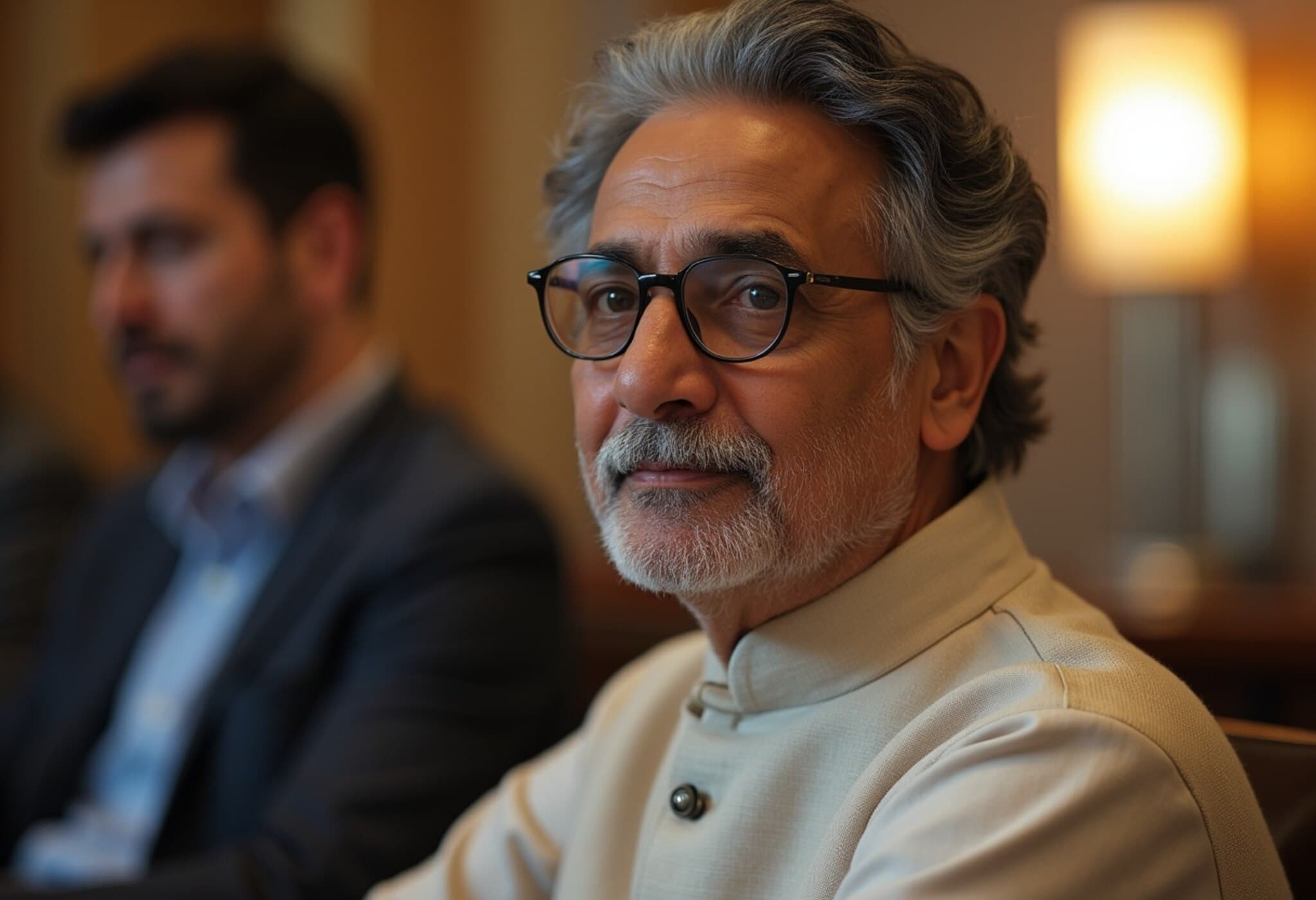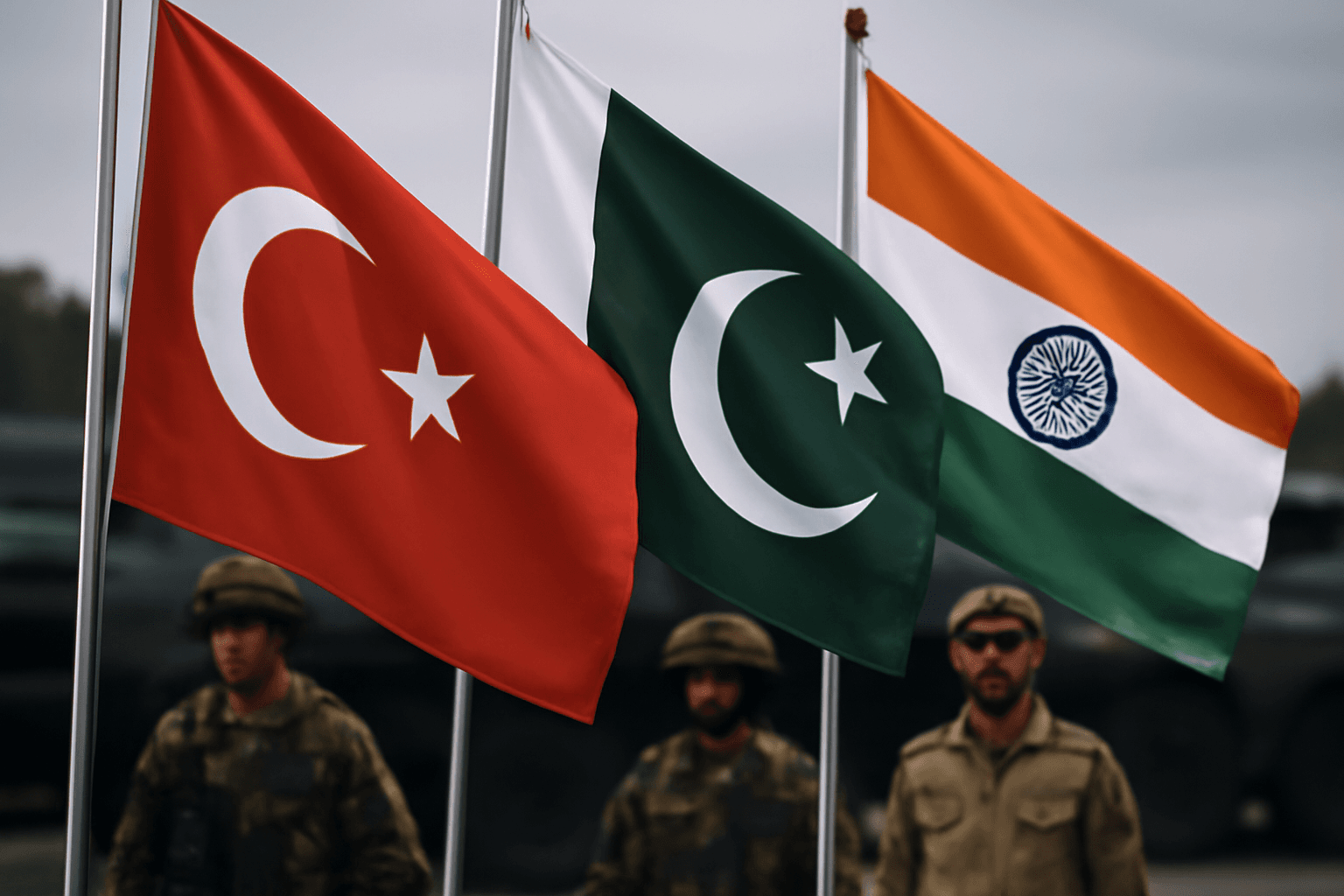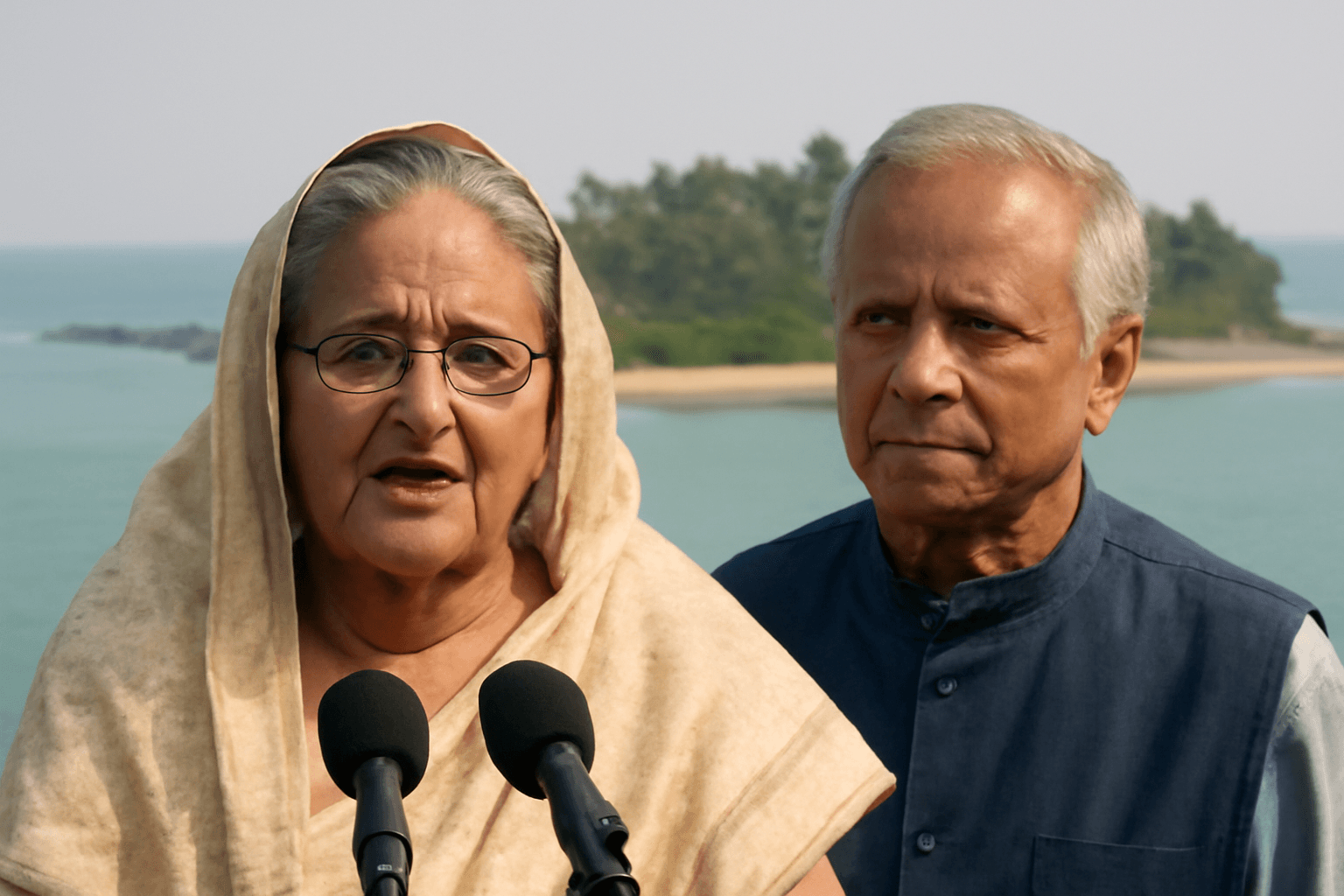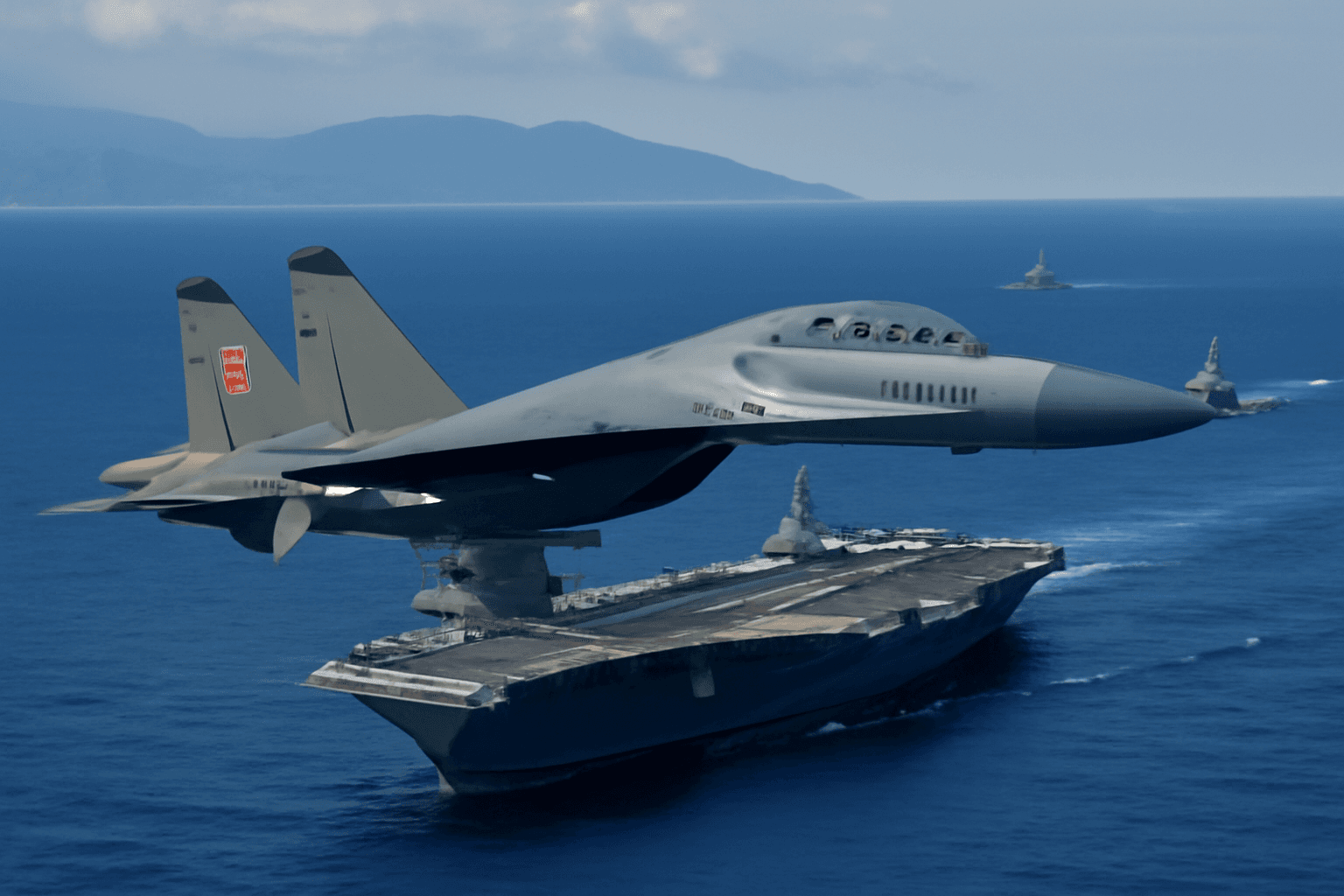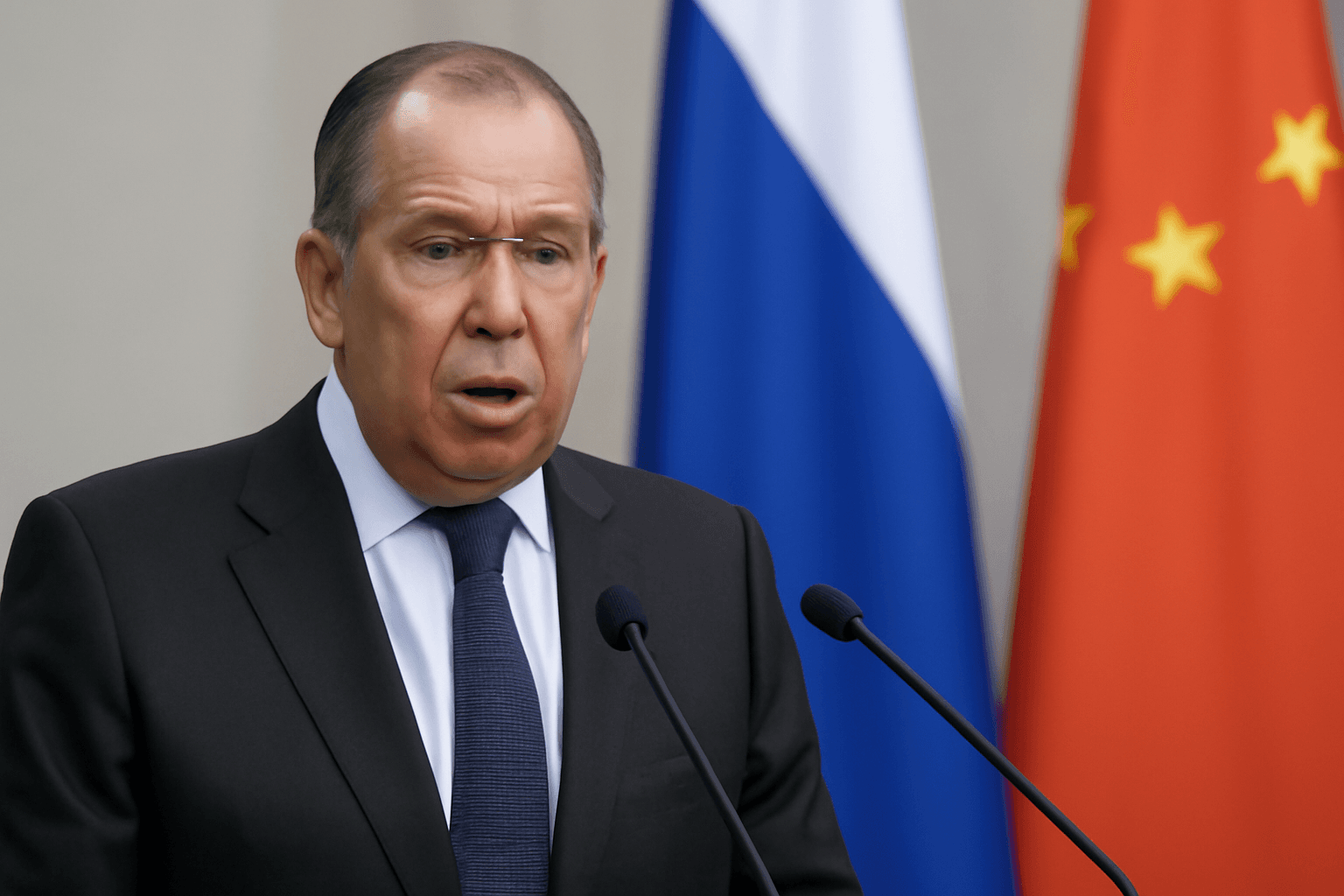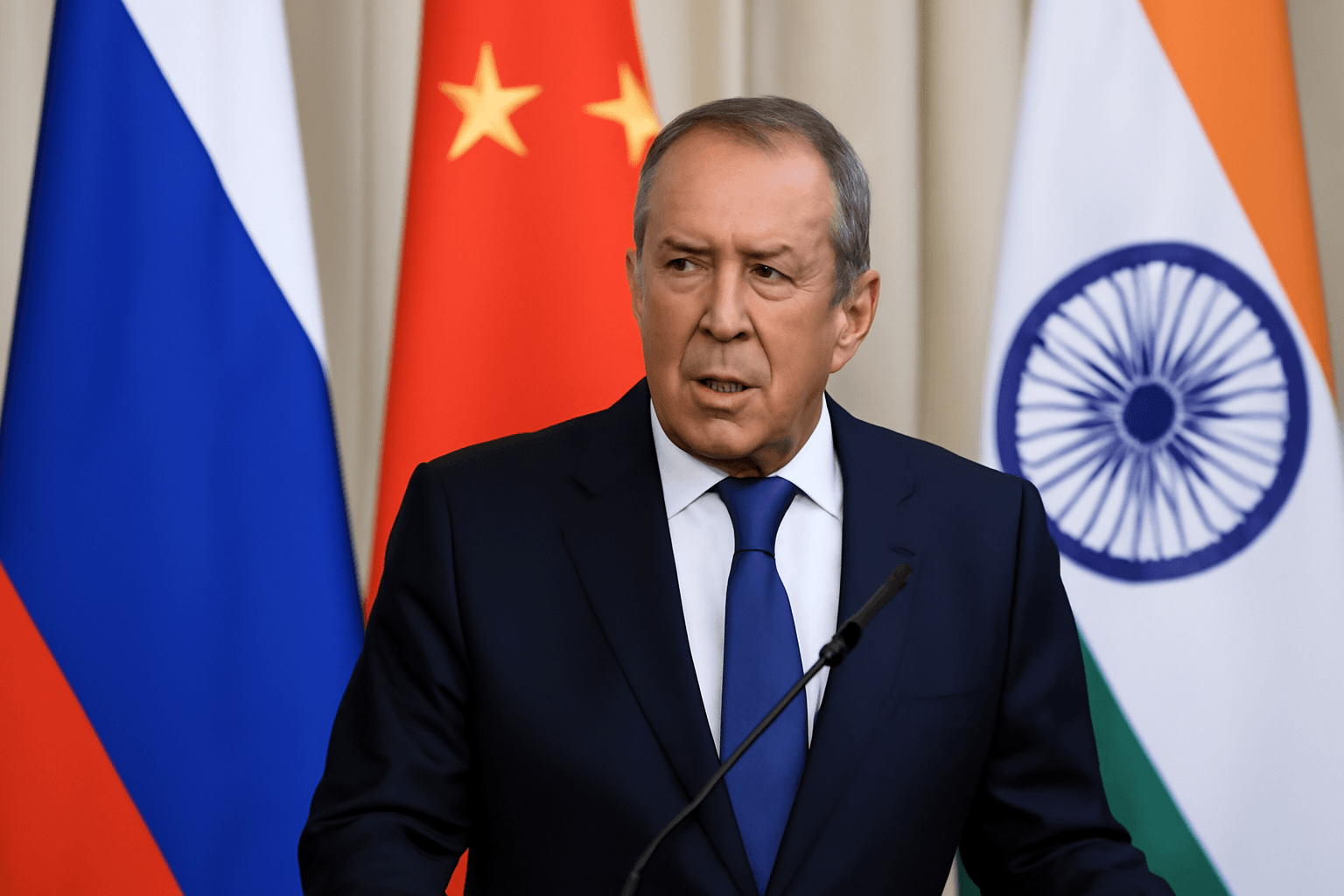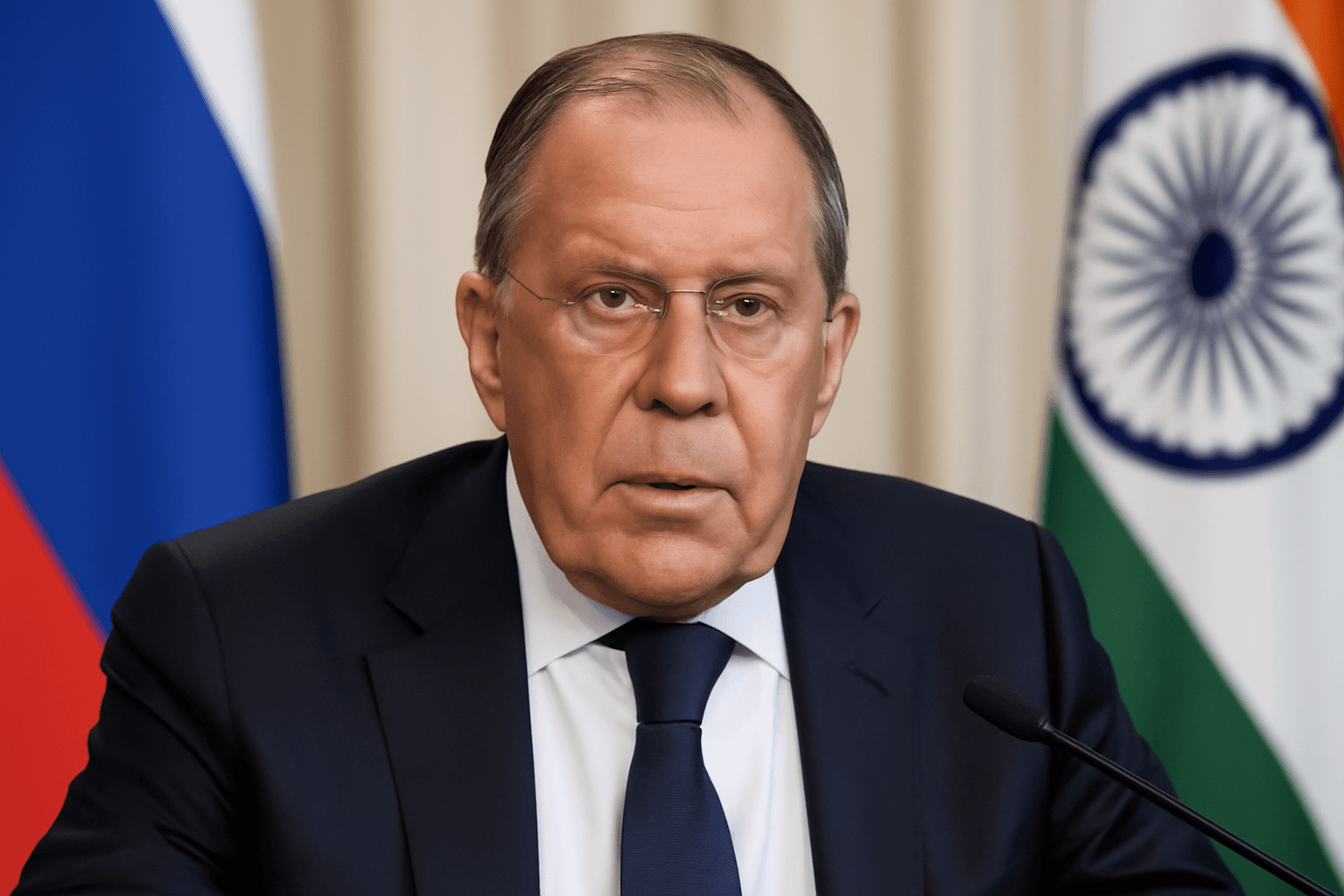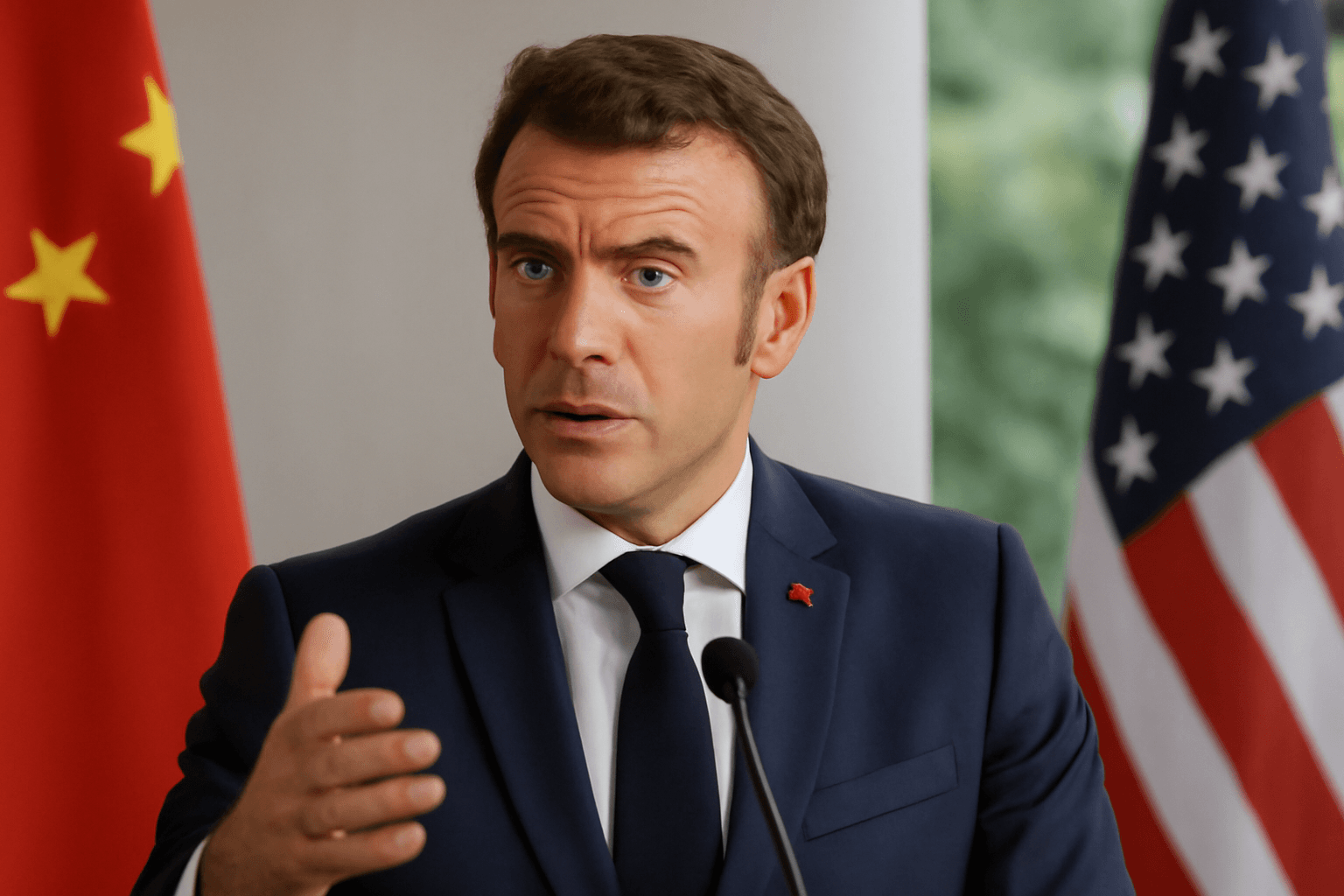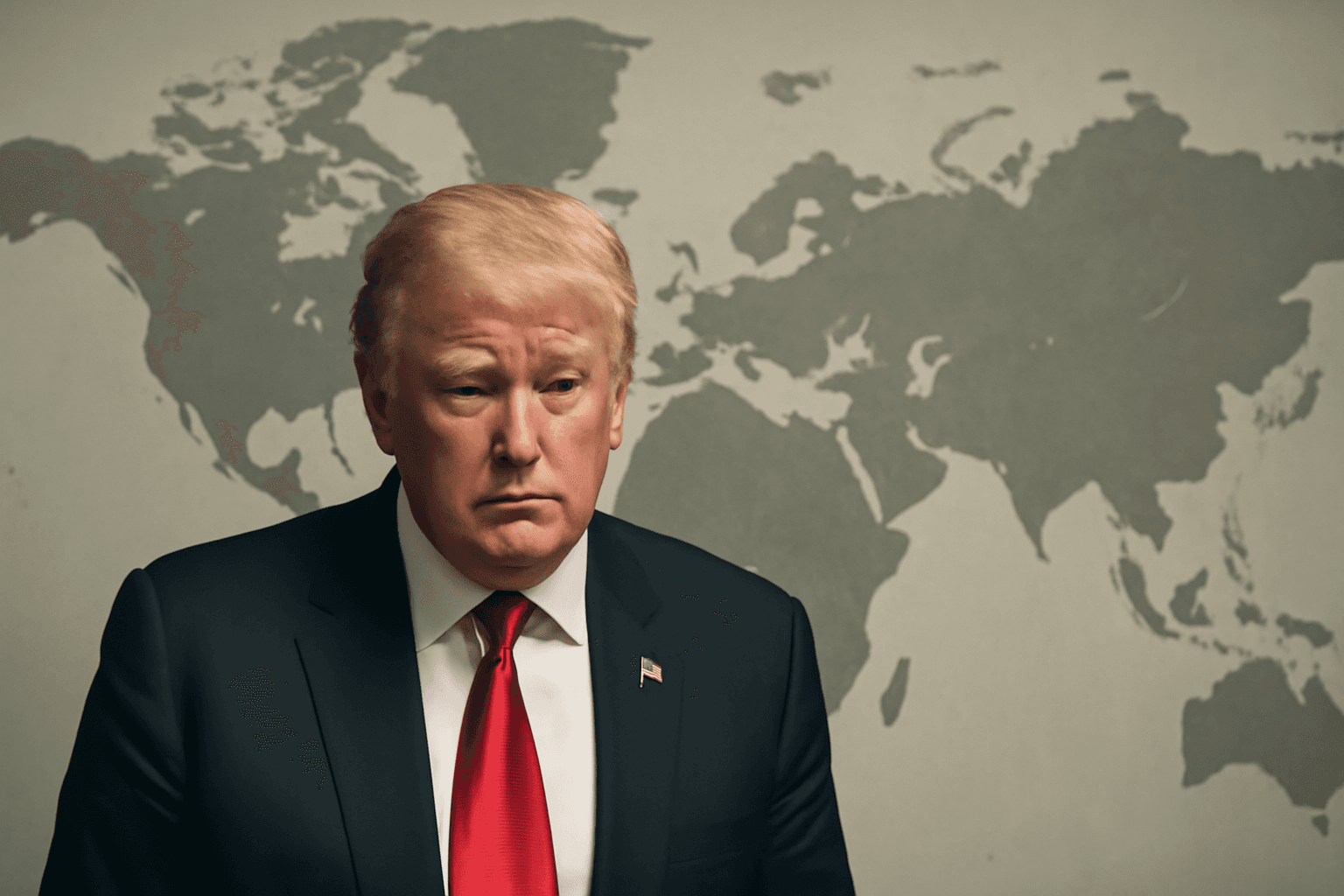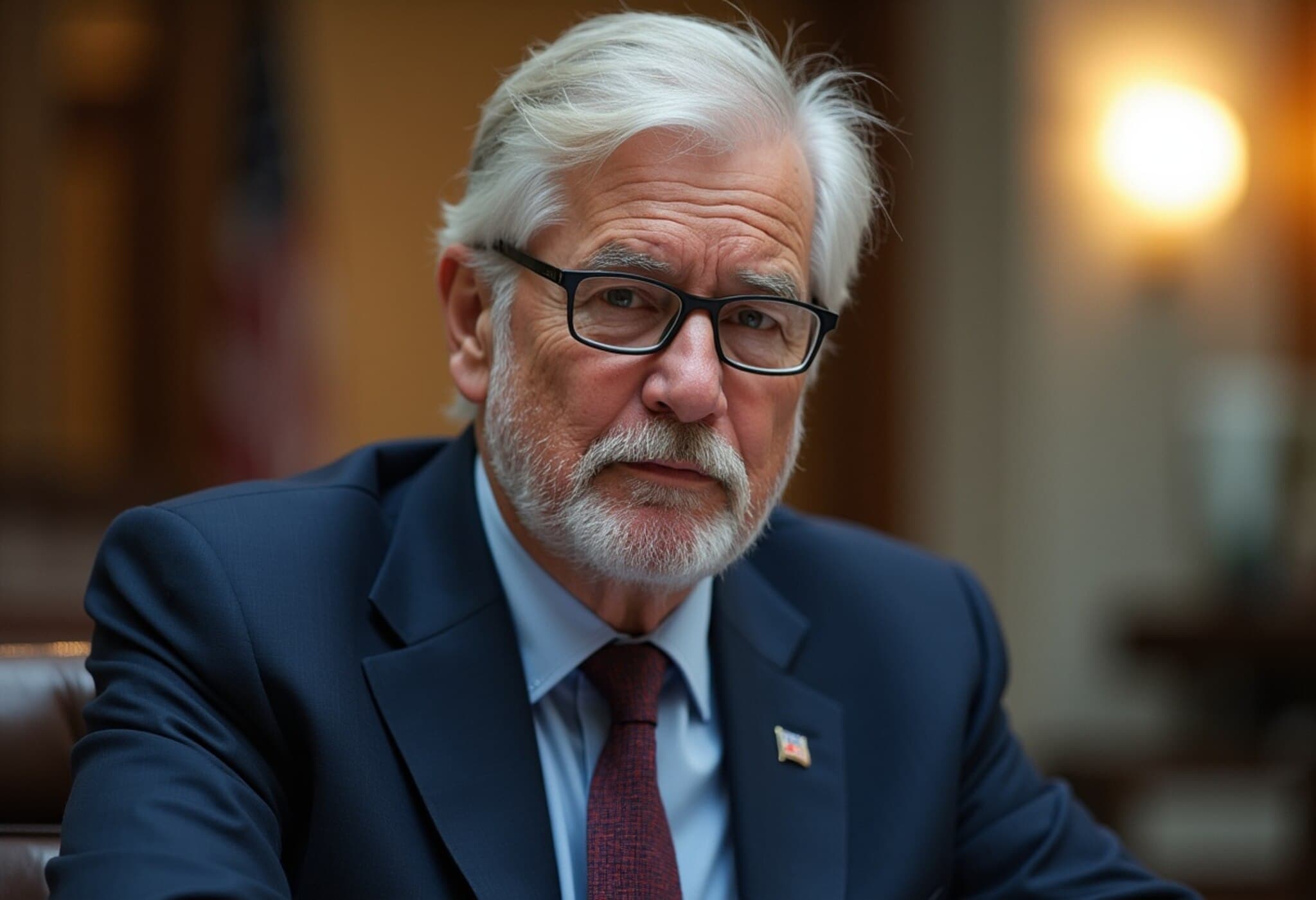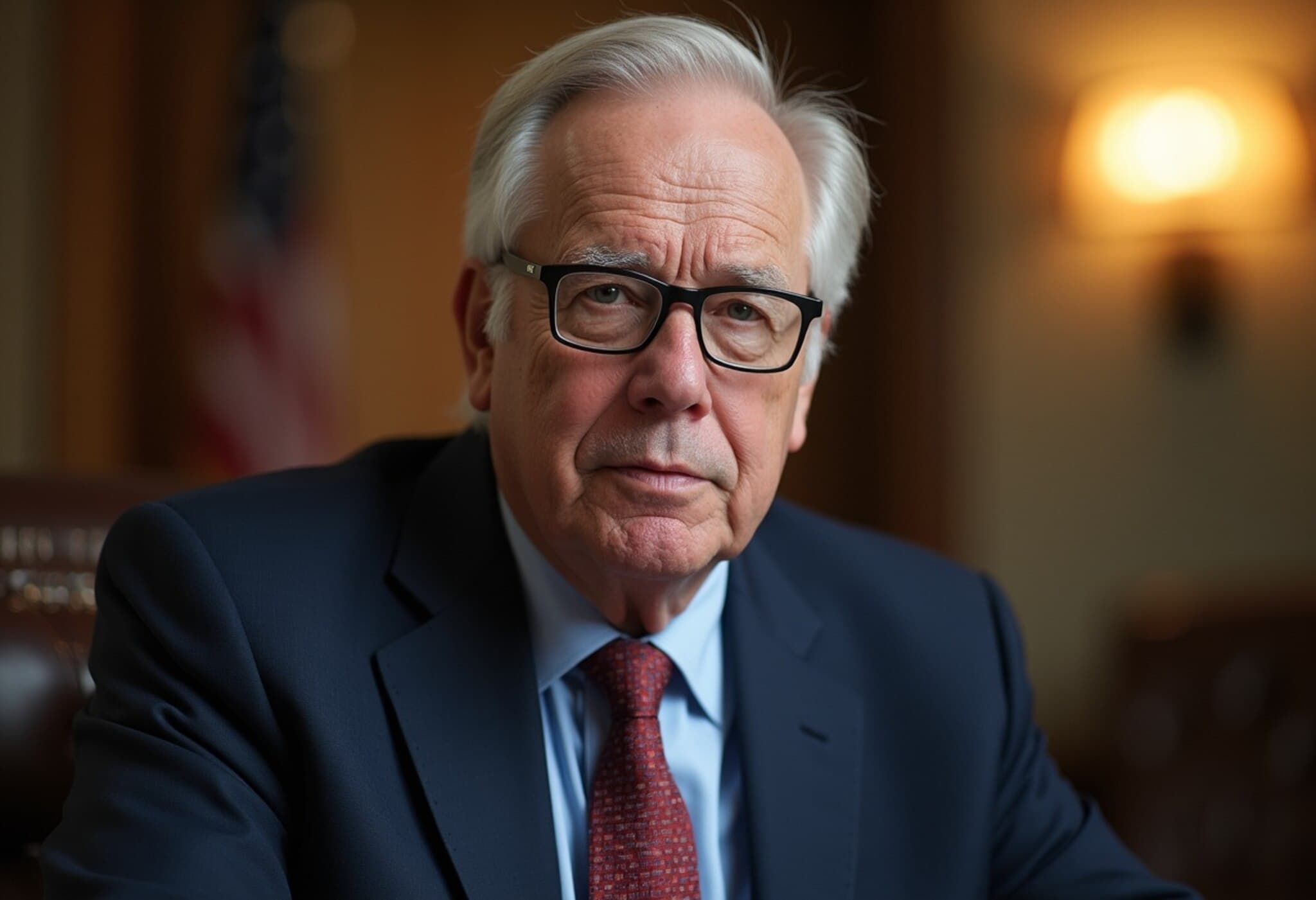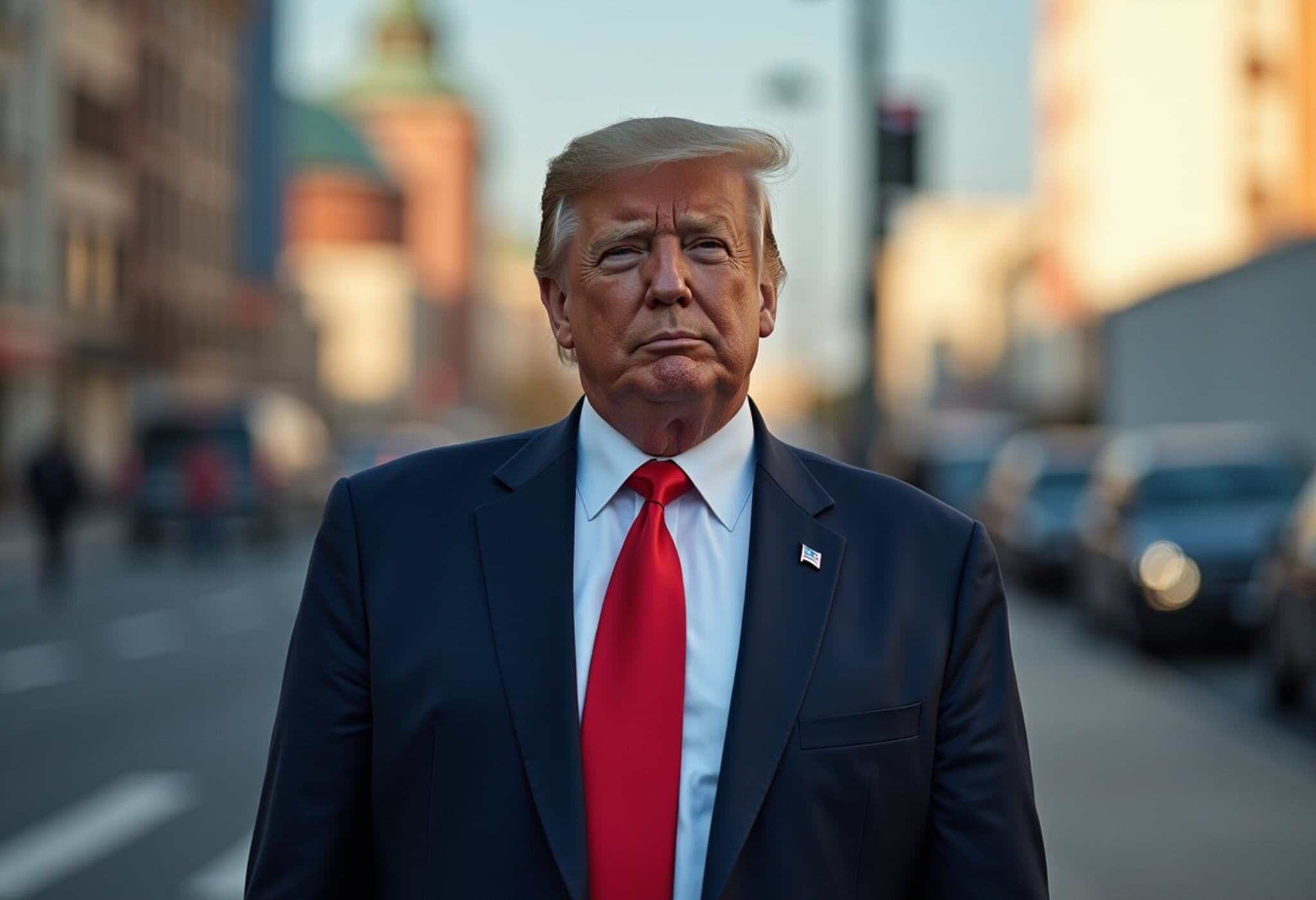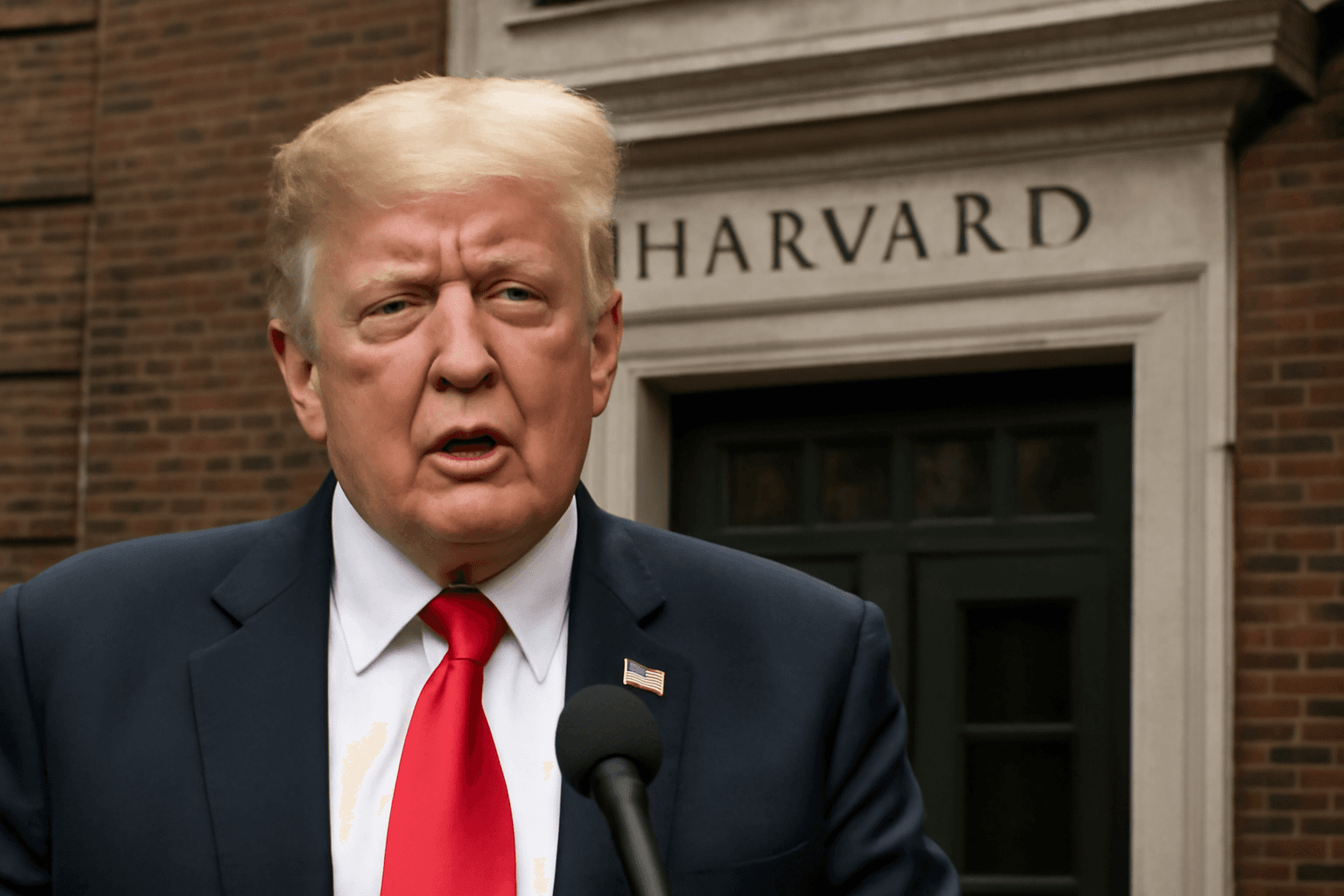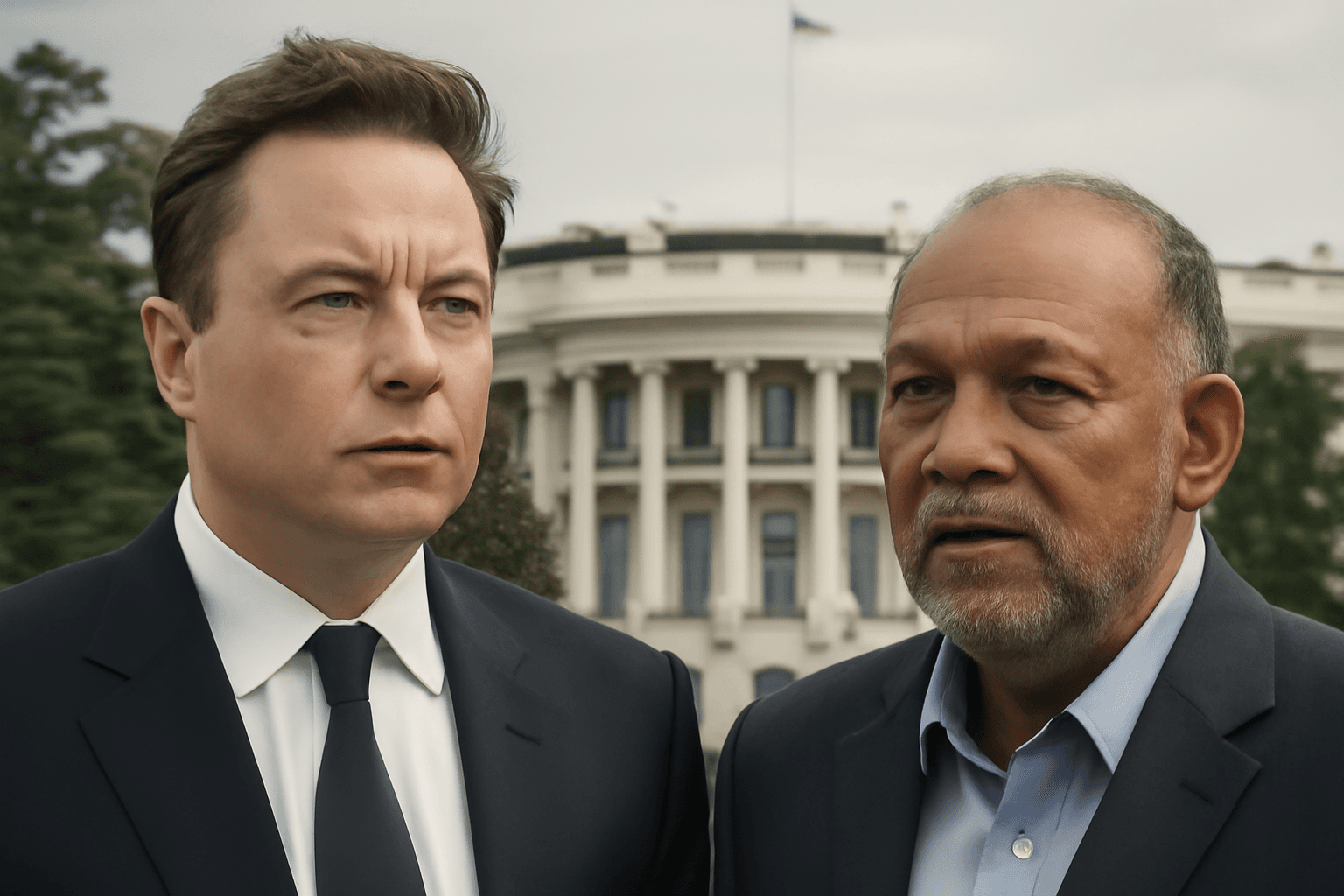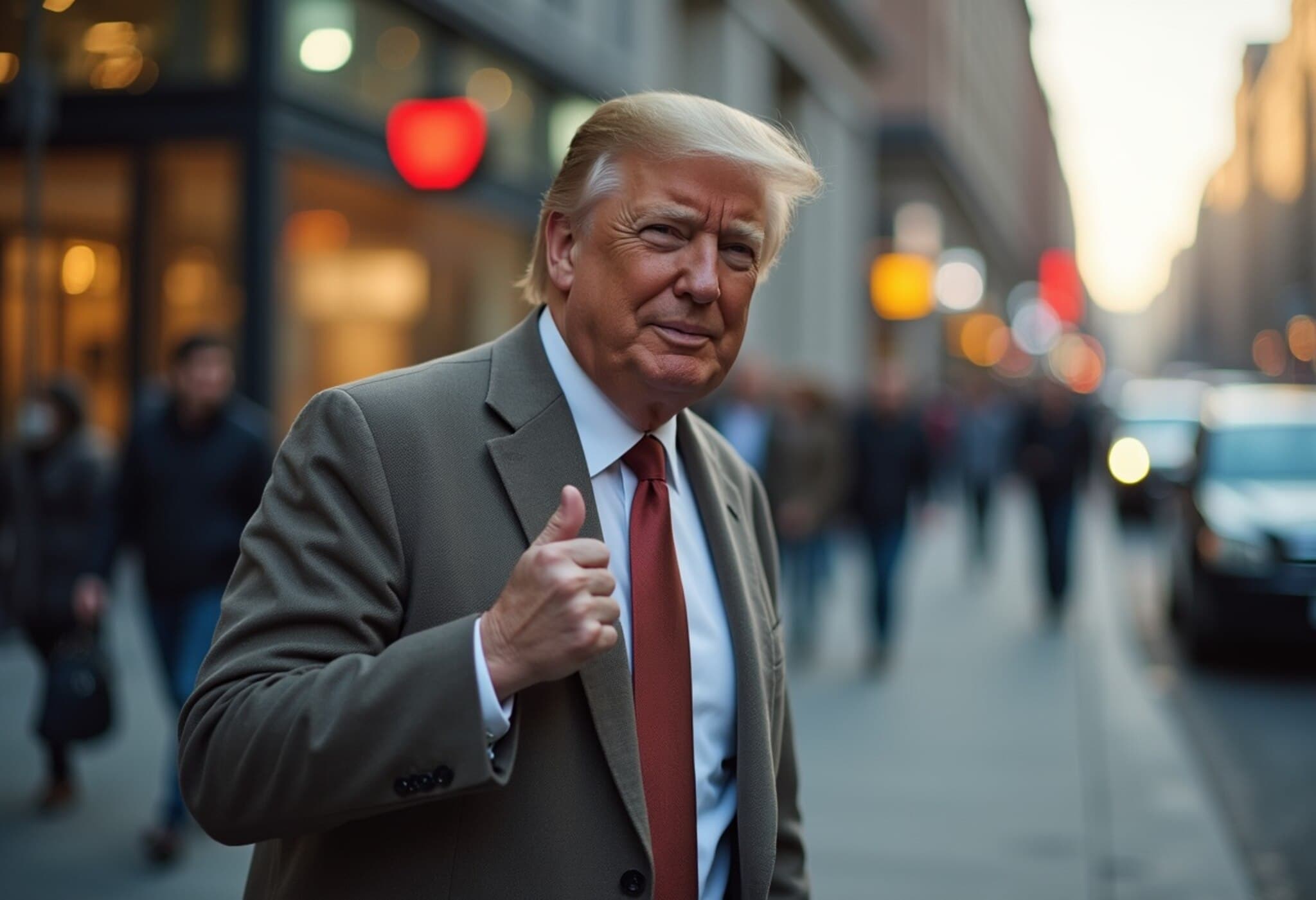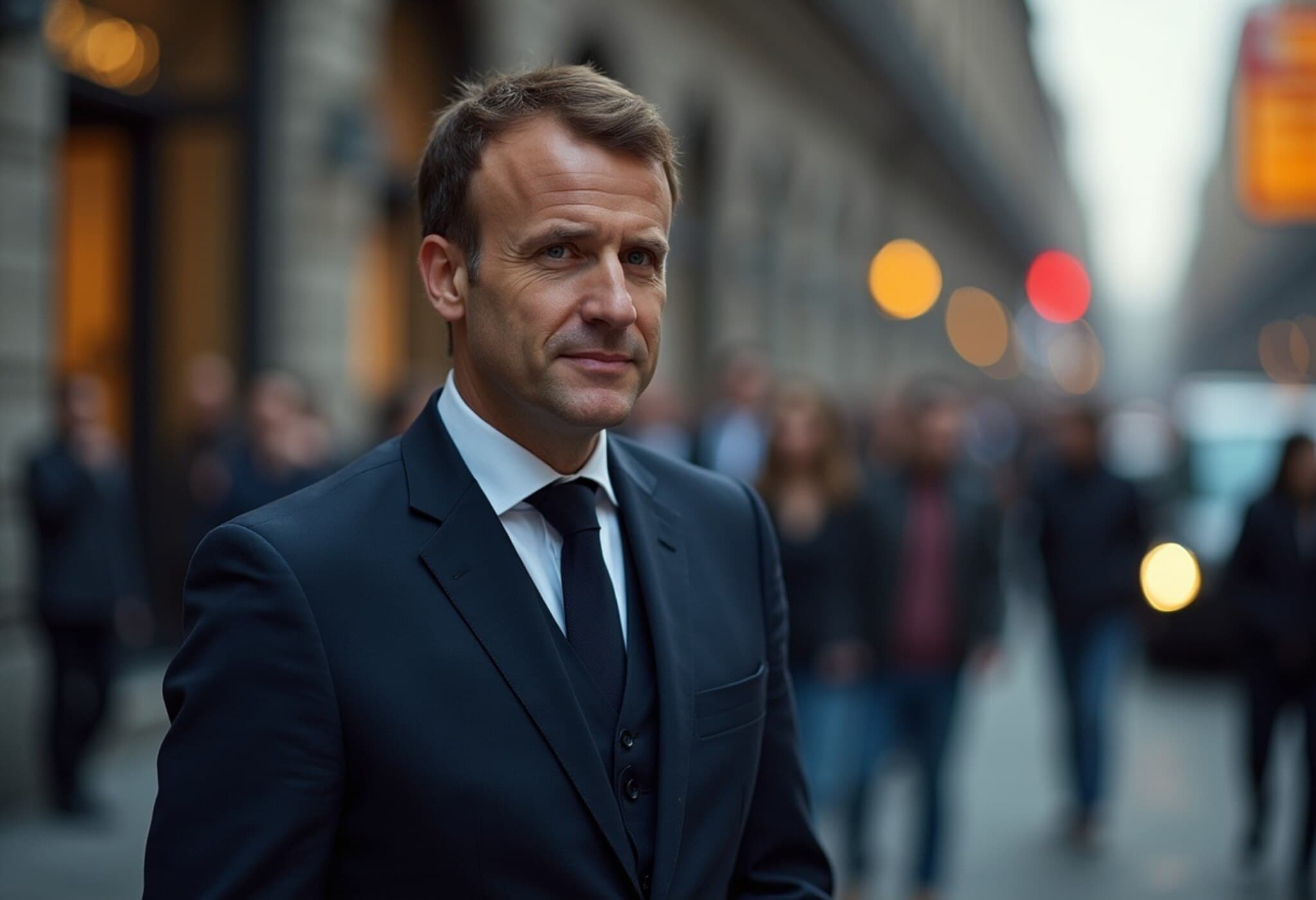India-US Relations: More Than Just Personalities
External Affairs Minister Dr. S. Jaishankar recently emphasized that India's relationship with the United States transcends individual personalities, including that of former President Donald Trump. Speaking in an exclusive interview with a European media outlet, Jaishankar highlighted that New Delhi values its strategic ties with Washington regardless of who holds the presidency.
“I take the world as I find it. Our aim is to advance every relationship that serves our interests, and the US relationship is of immense importance to us. It’s not about personality X or president Y,” he stated, underscoring a pragmatic approach to bilateral cooperation.
Engaging Europe Amid a Multipolar World
The conversation took place against the backdrop of Jaishankar’s meetings with key European Union leaders, including EU Chief Ursula von der Leyen and Foreign Policy Minister Kaja Kallas. These talks coincided with ongoing negotiations for a landmark India-EU Free Trade Agreement (FTA), set to deepen economic and strategic collaboration.
India’s Perspective on Global Geopolitics
Addressing India's role in the evolving international order, Jaishankar described the world as increasingly multipolar. He observed that Europe is now compelled to act decisively based on its own interests and capabilities, fostering independent relationships worldwide.
“Multipolarity is already here. Europe now faces the need to make more decisions in its own interest – using its own capabilities, and based on the relationships it fosters globally,” Jaishankar remarked. He noted that the concept of ‘strategic autonomy’, once emphasized by India, is now gaining currency in Europe, signaling a shared vision of independent global engagement.
Points of Contention: The EU's Carbon Border Adjustment Mechanism
Despite the warming ties, Jaishankar openly acknowledged India's reservations about the EU’s Carbon Border Adjustment Mechanism (CBAM). This tax on imports from countries with less stringent climate policies is viewed by India as an unequal standard set by one region for the rest of the world.
“The idea that one part of the world will set standards for everybody else is something which we are against. We have very deep reservations about CBAM, and we’ve been quite open about it,” he said firmly.
Nevertheless, the External Affairs Minister reaffirmed Prime Minister Narendra Modi’s commitment to signing the India-EU Free Trade Agreement by the end of this year, marking a significant milestone in the bilateral partnership.
Looking Ahead
Dr. Jaishankar’s remarks underscore India's pragmatic and interest-driven foreign policy approach. By focusing on strengthening relations with major global players beyond transient personalities, India aims to carve out a role as a key actor in a fast-changing, multipolar world.

